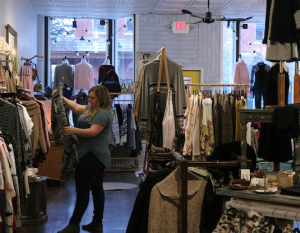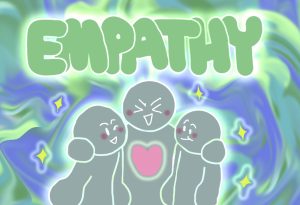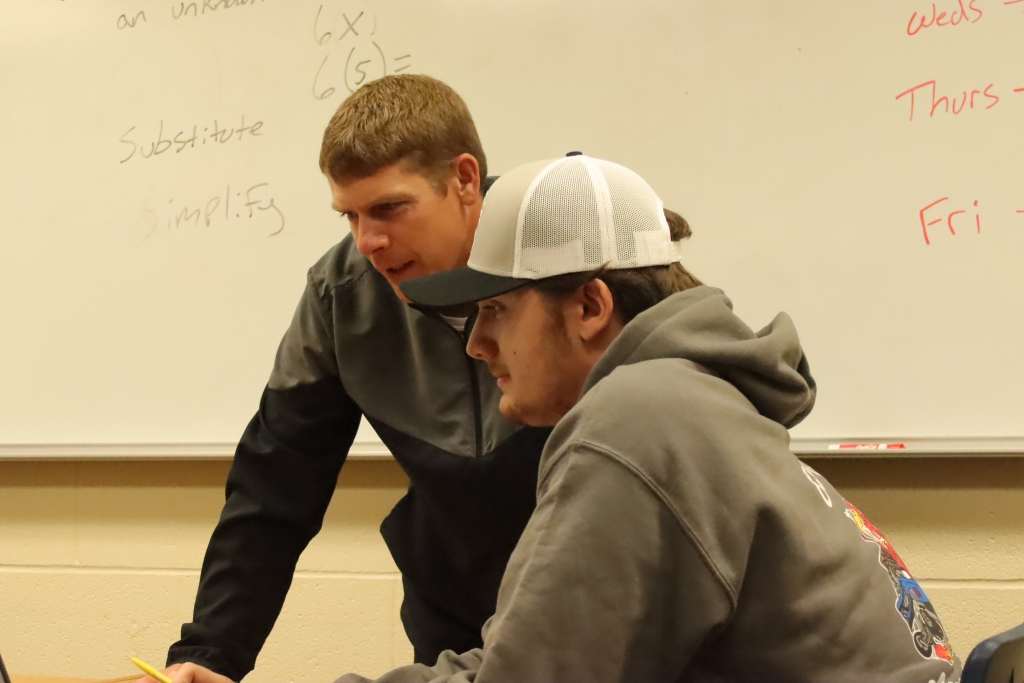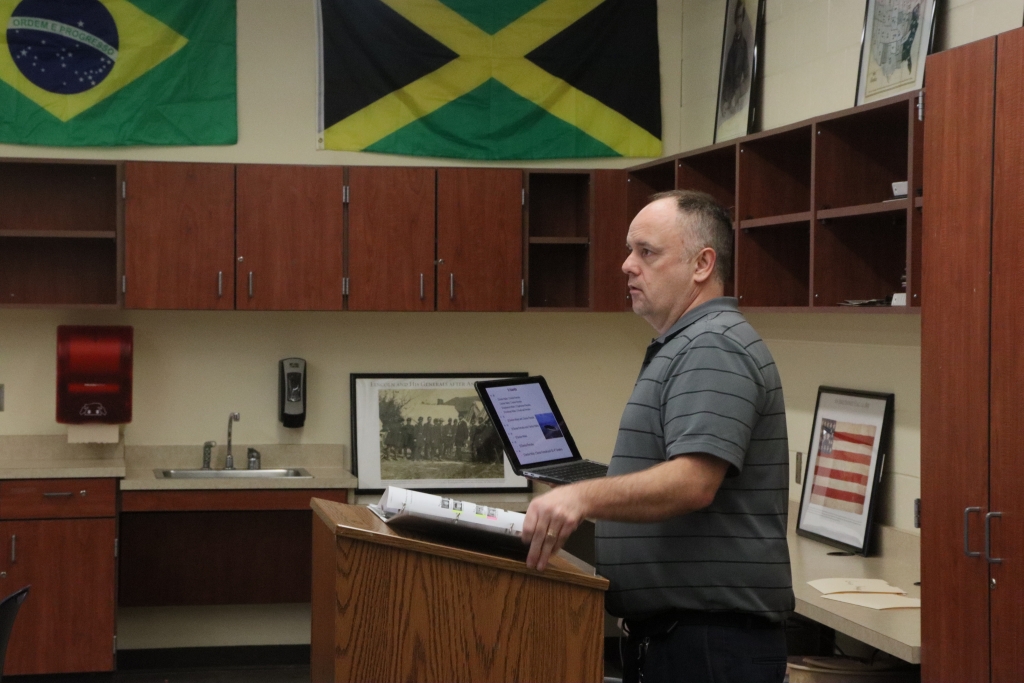Self-diagnosing students

STORY BY KHLOE CRAWSHAW »
In the past few years, it seems that mental health has entered the spotlight in America’s pop culture. For example, celebrities are opening up about their mental health journeys, and the topic of mental health is becoming less taboo, and more mainstream. The popular show ‘13 reasons why’, a drama discussing teen suicide and depression, is one of the most streamed shows on Netflix as of November 2019. When people see fictional characters struggling with mental health, it gets people talking about the issues. Access to mental health information is easy, especially with the internet being such a big player in people’s daily lives.
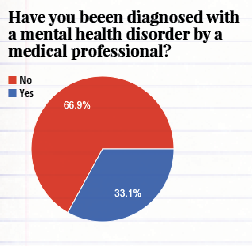
When information like this is out there for students to see, it can be tempting for students to use websites as substitute for an expert opinion. People often skip going to the doctor for common cold and flu-like symptoms and instead look them up on google for a diagnosis. This happens for mental health disorders as well.
But, if students are using self-diagnosis for mental health disorders, are their novice conclusions a bad or good thing? Well, it depends on how you look at it, according to Human Growth & Development teacher Cathy Klein.
“There is definitely an importance in self-awareness and seeking help to find out if it is more complex,” said Klein, “But it is important to be self-aware in a positive way, we get wrapped up in the negatives really quickly.” Mental health awareness being so mainstream in pop culture is, in Klein’s opinion, a double edged sword.
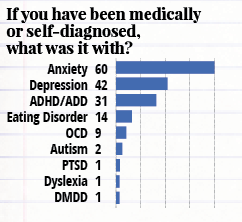
“You want people to be open,” she said, “I feel like it is good that we are at least expressing that it is okay to open up.” Klein, however, can see a negative side of the issue as well. “But we also do not want people to latch onto a diagnosis and use it as a crutch, in a way, either.”
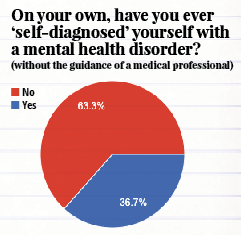
Klein thinks that the internet can be negative for mental health, but she encourages that if it is something that will urge a student to speak up to an adult, it can be positive.
Susan DeVoe, EHS wrap worker, thinks that self-diagnosis is not a good thing.
“Getting a diagnosis on a website is like telling your future by reading your horoscope in the newspaper,” she said, “My belief is that self-diagnosing at any age can have negative consequences. There is a reason that mental health professionals have Bachelor and Master levels of college education” said DeVoe. She explained that there are many things that go into diagnosing a mental illness, and a website just isn’t the same as talking to a professional.
“..those are times a student
-Susan DeVoe
should speak to a trusted
adult…rather that consult a website”
“It is easy for anybody to say they took a test online or their friend was told they were diagnosed with a mental health illness so now that is what they are too,” said DeVoe.
She explained that getting help is sometimes a difficult thing for a person to do. She said that meeting with a mental health professional to identify the problem of their own life based on family history and their own behavior can be difficult.
“It takes a whole lot of courage to own dysfunctional patterns of behavior in oneself and work on a solution.” DeVoe explained that there is more into a diagnosis than just how a person is feeling.
“Lets face it,” she said, “We all have bad days and say things we may not really mean, yet there are times when that talk turns into self-harm or hurting others, and that becomes a bigger problem. Those are times a student should speak to a trusted adult about what is going on rather than consult a website.”

Overall, students should remember that no matter what they are going through, if they are worried about having a mental illness, they should speak out to an adult to get the help that they need.


